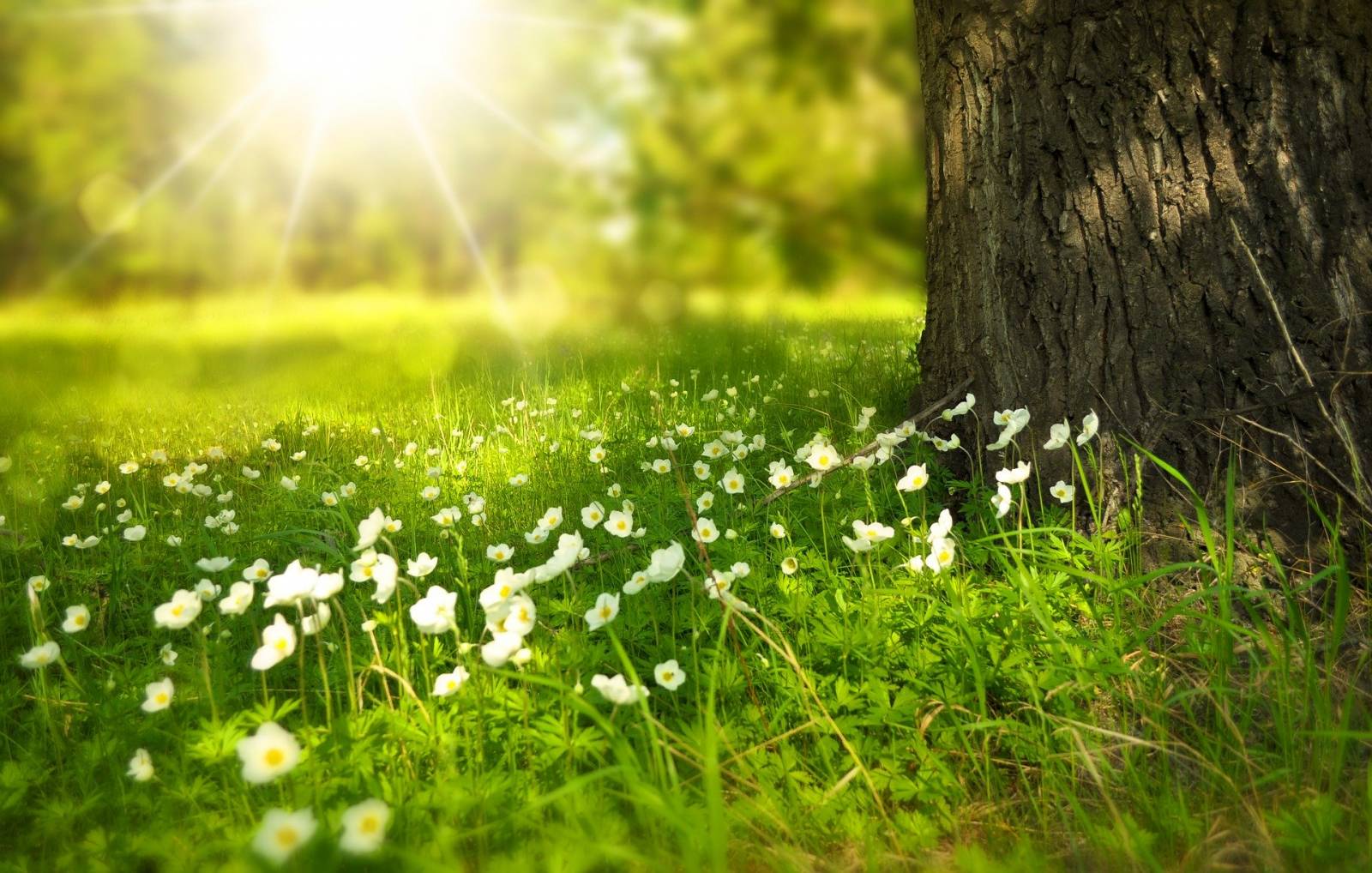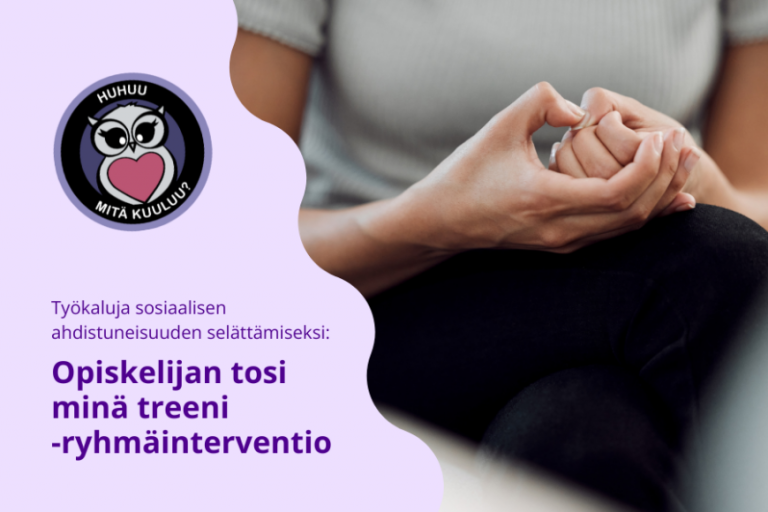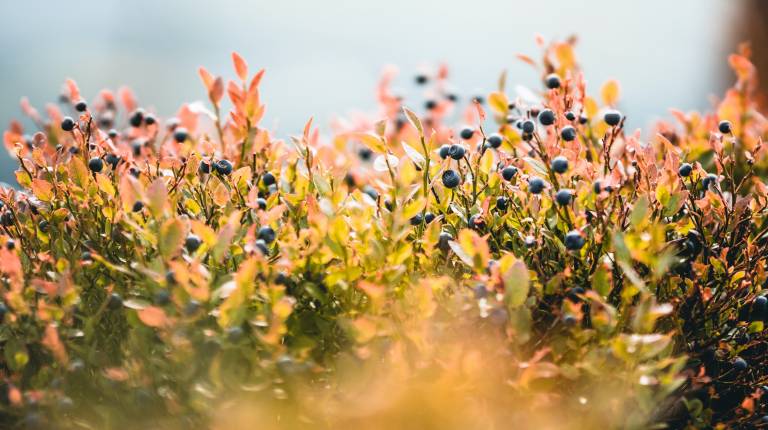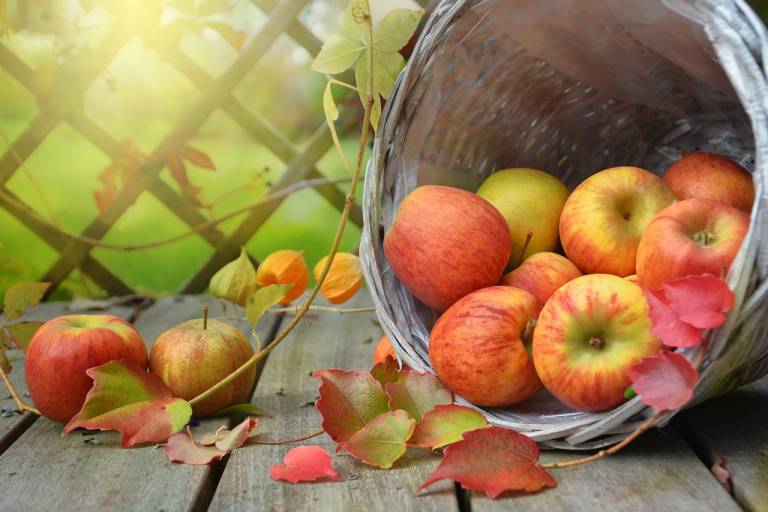For example, when we are tired, we can easily become distracted and find it difficult to sustain focus and concentration. We should balance our screen time with green time. Our forefathers spent all their time in nature, a natural environment for us people. Now that the whole country is in lockdown because of the pandemic, it seems that outdoor activities and nature walks are more popular than before. And rightly so! We do not all have to go hiking in the woods, as nature provides abundant opportunities that help us improve our well-being. What is the best way for you to enjoy nature?
Spending time in nature is known to reduce stress and lift our spirits. Exposure to nature contributes to our physical well-being by reducing blood pressure and lowering cortisol levels and heart rate. Studies have shown that interacting with nature improves our cognitive performance, problem-solving skills and memory, promotes our ability to learn, concentrate and focus and also stimulates our creativity. Even a brief exposure to nature energises and relaxes our brain, thereby promoting our overall well-being.
Nature comes alive with the return of spring. The natural environment embodies the circle of life and continuous change. As nature teaches us that life goes on after a storm, it has a way of comforting and calming us when we are experiencing feelings of sadness or dejection. It can also teach us about letting go. Some trees grow stronger while others die; it is part of life. In the natural environment things are simple and nothing is required of us – unlike our studies, job or relationships. Spending time in nature helps us put things into perspective, appreciate the little things and see the beauty that surrounds us.
Nature reinvigorates and empowers us. When we roam the natural environment and occasionally stop to admire the scenery or take photos, we get a welcome break from our hectic daily life. A mere 15-minute walk in a park has been demonstrated to support recovery and well-being. Could you redirect your daily routes to take you through parks and green spaces? Even small-scale gardening has been shown to promote our well-being. You can get started by getting a couple of balcony plants and house plants. When we interact with nature, we often practice self-regulation without even noticing it: we go to nature to relax, become refreshed, enjoy, reminisce and clear our thoughts. Besides having an invigorating effect, exposure to nature supports our well-being as it increases our physical activity and our sense of belonging.
We can also enjoy the calming effect of nature indoors: watch the view from your window, browse photos of nature online, get some nature-inspired art, or listen to bird song and wave recordings. Flowers and plants will liven up your home. You can take a mental mini vacation to your favourite place, such as a nature destination, summer cottage, beach or an imaginary forest (see the exercise below). Mental exercises can also give us a break from the daily hustle and bustle.
The amount of time that we need to set aside for recovery depends on the level, duration and intensity of the stress we are experiencing. Prescribe yourself a dose of nature to improve your well-being: what helps you recover best after a particularly stressful period? How could you get a daily dose of nature? What is your nature prescription? What would be your ideal dose today?
Guidelines for your nature prescription:
- Nature destinations in Finland
- Nature destinations in Tampere
- Mental exercise (favorite place practice)
- Feel-good videos of forest walks for all seasons
- Forest birds singing redording.
We hope you enjoy wonderful moments in nature this spring,
Study psychologists Sonja, Taija, Simo, Hanna and Eero
Read more about the positive effects of nature on your well-being and see a list of our references:
- The Mental Health Hub’s guide on the impact of nature on well-being.
- Pasanen, T. 2020. Everyday physical activity in natural settings and well-being: Direct connections and psychological mediators. Tampere University 2020.
- Sianoja, M. 2018. The virtues of rest: Recovery from work during lunch breaks and free evenings. Tampere University Press 2018.
- Soga, M., Gaston, K. J. & Yamaura, Y. 2017. Gardening is beneficial for health: A meta-analysis. Preventive Medicine Reports 5 (2017) 92-99.
- Tyrväinen, L., Korpela, K & Ojala, A. 2015. Luonnon virkistyskäytön terveys- ja hyvinvointihyödyt. Teoksessa Tyrväinen, L., Kurttila, M., Sievänen, T. & Tuulentie, S. Hyvinvointia metsästä. pp.48-58.
- Pasanen, T. & Korpela, K. (2015). Luonto liikuttaa ja elvyttää. Liikunta & Tiede, 52(4), 4-9.
- Williams, F. 2017. The Nature Fix: Why Nature Makes Us Happier, Healthier, and More Creative. W.W. Norton & Company, Inc.
The study psychologists write letters to students and personnel this spring to help them maintain well-being during teleworking. All the letters are available on the group counselling channel Ryhmäohjaus.
Please note that the services of the study psychologists and other centralised academic guidance and counselling services will remain available to students as usual during the current exceptional circumstances. Please see the Students’ Guide for more information.
The Study skills for distance learning page and other study skills pages are available on the Student’s Guide.





